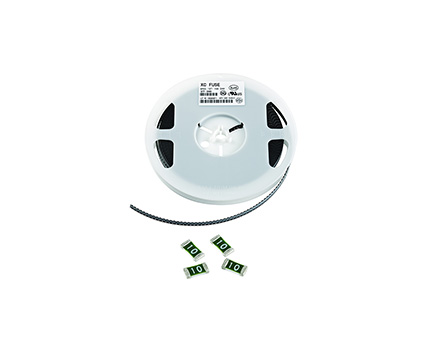
We know that most fuse clips are made of metal, and the general domestic market requires them to be made of brass material. Because brass has the advantages of good stability and conductivity, choosing brass as a fuse clip is a good choice.
After understanding the material of the fuse clip, we came up with the question: "So, are there any drawbacks to this material?" This answer is answered in the article "Analysis of Common Problem Cases of Fuse Clips", and today we are going to discuss related issues related to fuse clips within 20A.
Firstly, when installing fuse clips, there may be situations where the elasticity of the fuse clips is poor. After installing and replacing the fuse several times, the elasticity of the fuse clip gradually deteriorates, and even ends up completely without elasticity. For such problems, it is generally recommended to use clamps made of phosphorous copper material, but they still have defects. Phosphorous copper has good toughness, but poor conductivity, and does not have excellent conductivity compared to brass. So encountering such problems is also quite tricky.
The second issue is oxidation. So all metals will oxidize, it's a matter of time. Fuse clips usually solve this problem by electroplating a protective layer. Usually, the clip is plated with nickel or silver, but the cost of electroplating silver is relatively high. If the requirements are relatively high, you can choose to add copper bottom electroplating. This is safer and the cost will also increase accordingly. When selecting a fuse clip, this issue also needs to be considered.
Read recommendations: